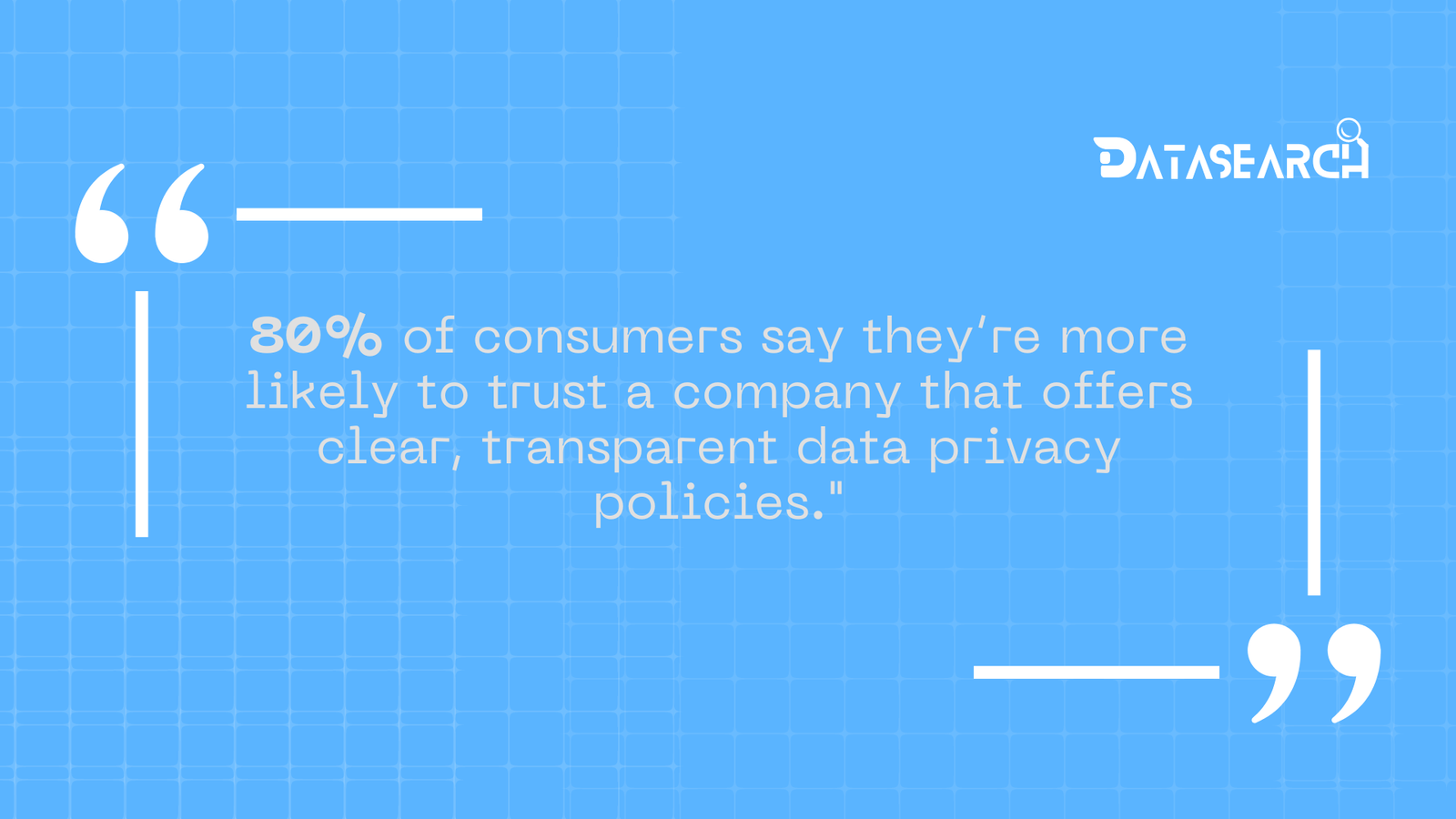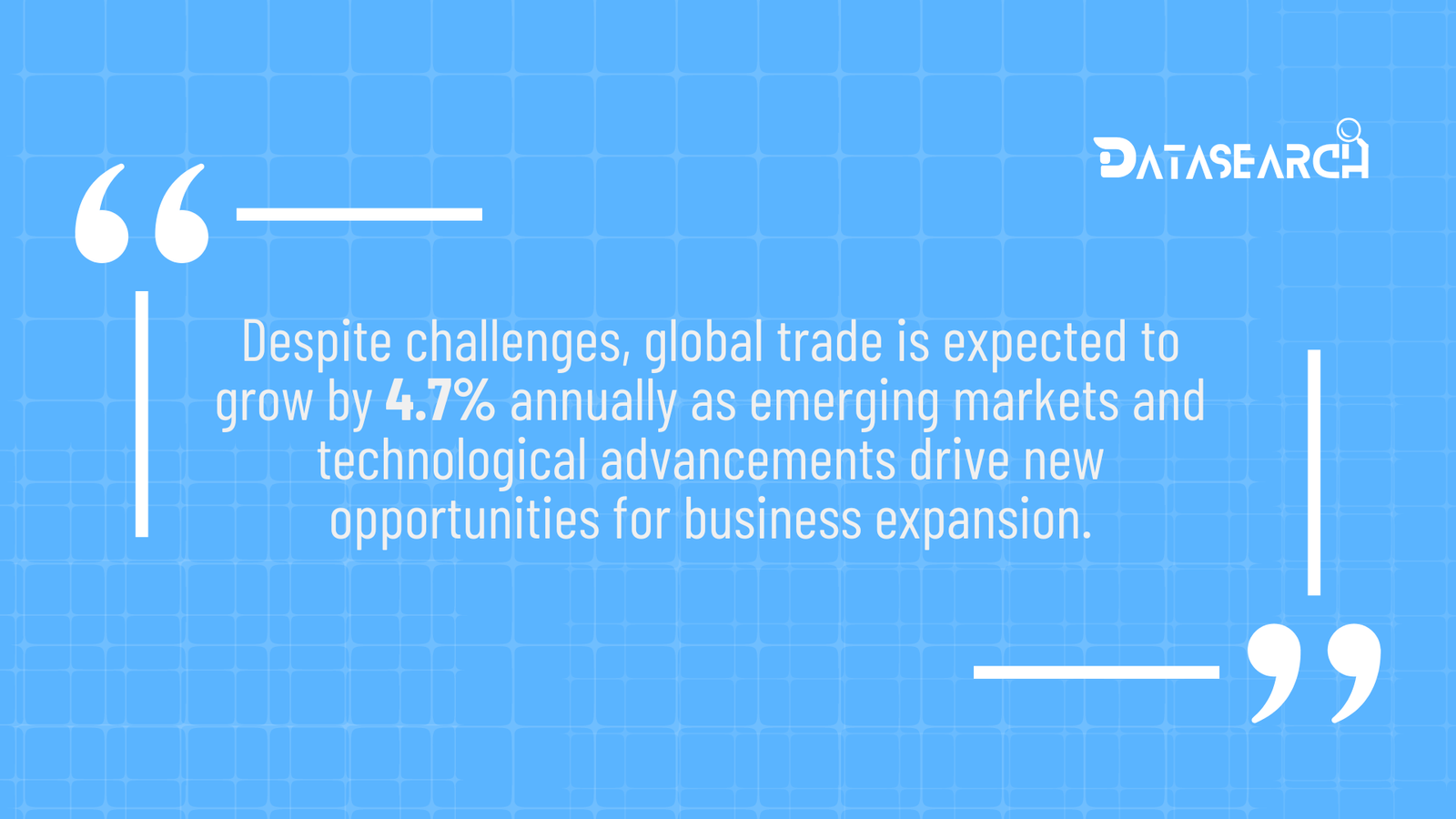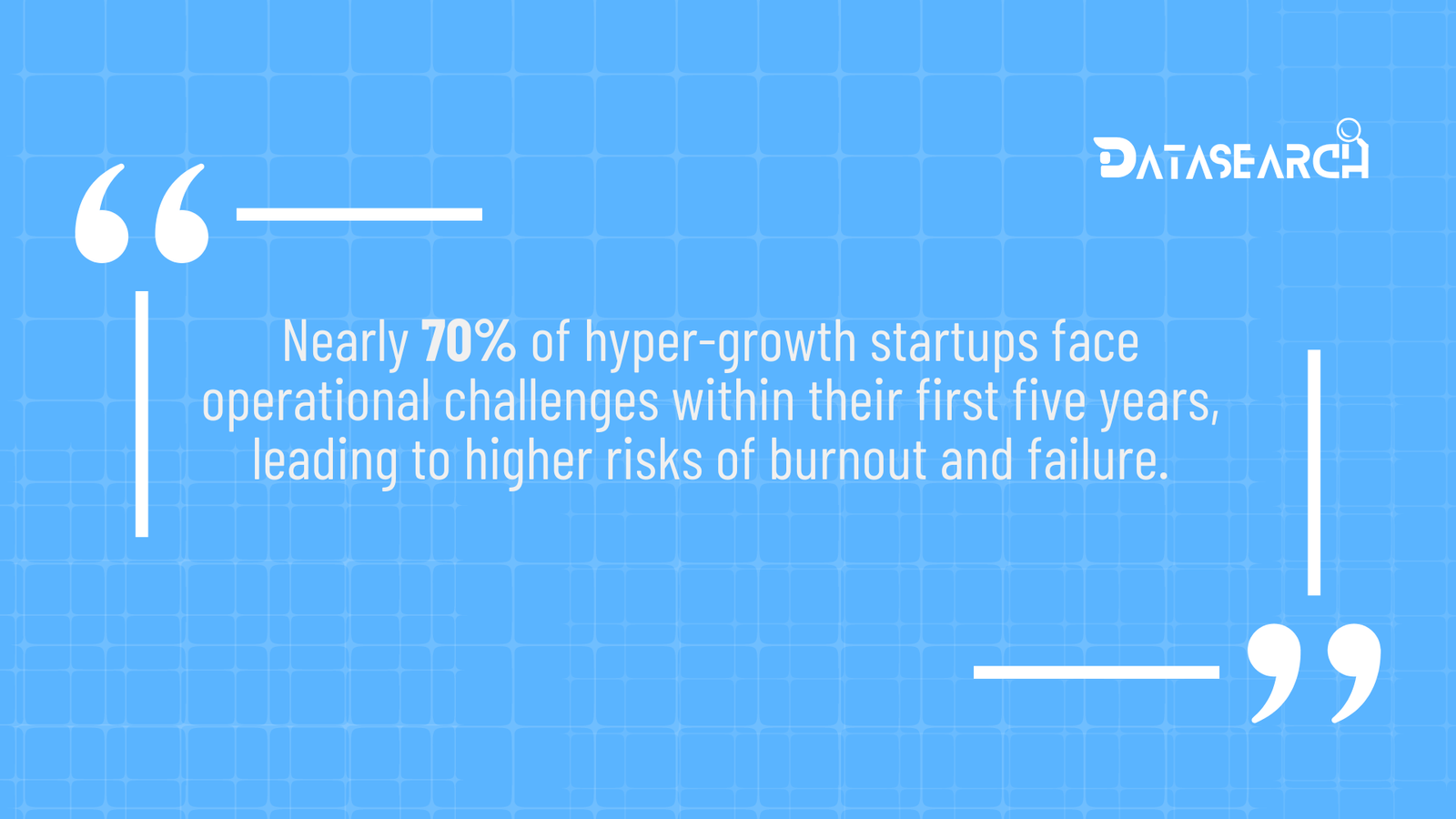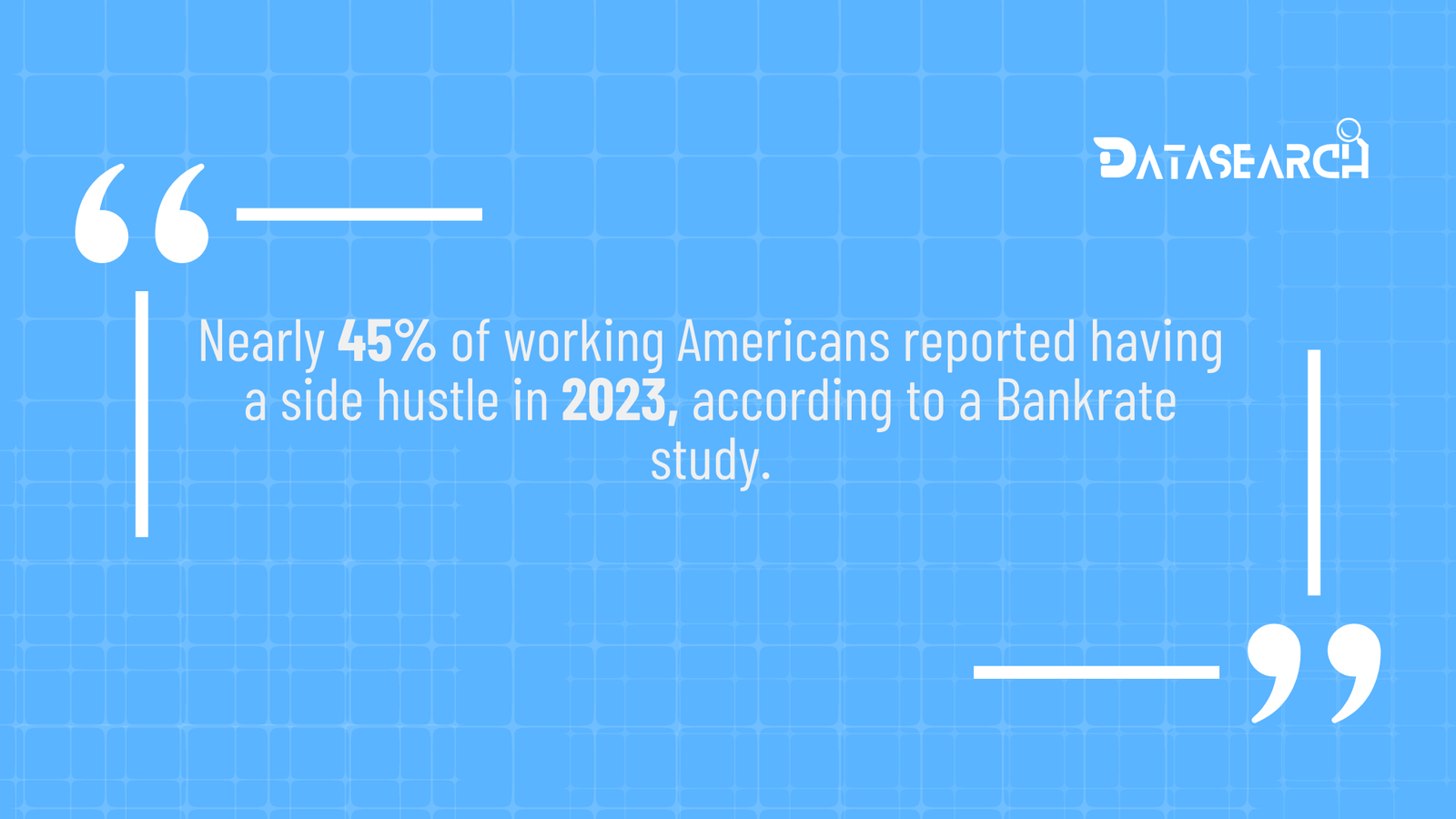In the modern business landscape, data is essential for innovation, personalization, and growth. However, with the rise of data-driven technologies comes the increasing need to protect individual privacy. This creates a dilemma for businesses: How can they leverage data for progress while ensuring compliance with privacy regulations and safeguarding consumer trust?
In this article, we’ll explore the challenges and opportunities of balancing data privacy with business innovation, as well as the strategies organizations can adopt to strike the right balance.
The Importance of Data for Business Progress
Data is often described as the “new oil”—a critical resource for businesses looking to gain a competitive edge. Whether it’s through personalized marketing, improving customer experiences, or optimizing operations, data-driven strategies enable companies to make more informed decisions. Key areas where data drives progress include:
Personalized Customer Experiences
Data helps businesses understand customer preferences, behaviors, and pain points, allowing them to deliver highly targeted and relevant products, services, and marketing messages.Operational Efficiency
By analyzing data from various operational processes, businesses can identify inefficiencies, predict potential issues, and streamline their workflows for better productivity.Innovation and Product Development
Data provides insights into market trends and customer needs, enabling companies to innovate and develop products that meet evolving demands.
However, as businesses harness the power of data, they must also grapple with the ethical and legal obligations of protecting that data.
The Growing Importance of Data Privacy
With high-profile data breaches and growing concerns about how companies collect and use personal data, consumers are becoming more cautious about their privacy. Additionally, regulations like the General Data Protection Regulation (GDPR) and the California Consumer Privacy Act (CCPA) have placed stricter requirements on how businesses handle personal data.
Privacy concerns can erode trust, which is a key factor in customer loyalty. According to recent studies, a significant percentage of consumers are willing to stop engaging with businesses that fail to protect their data. For businesses, failing to prioritize privacy can lead to legal penalties, loss of reputation, and reduced customer trust.
The Challenge: Balancing Privacy and Progress
For businesses, the challenge lies in finding the right balance between collecting and using data for innovation while respecting customer privacy and adhering to regulations. This requires addressing several key issues:
Data Minimization
Collecting only the data you truly need to achieve business objectives can help mitigate privacy risks. However, businesses may fear that limiting data collection will hinder their ability to gain deeper insights and innovate.Data Transparency
Consumers are demanding more transparency about how their data is used. Providing clear, accessible information about data practices can build trust, but businesses must also balance this with maintaining a competitive edge.Consent and Control
Empowering consumers with control over their data—such as allowing them to opt in or out of data collection—can strengthen trust. However, this may reduce the amount of data available for analysis and personalization efforts.
Strategies for Balancing Privacy and Progress
Adopt Privacy by Design
Implementing Privacy by Design principles means incorporating privacy into the very foundation of your data collection and processing activities. By considering privacy from the start, businesses can build systems that safeguard personal information without compromising innovation.Invest in Data Anonymization
One way to continue leveraging data while protecting privacy is through data anonymization. By removing or masking personally identifiable information (PII), businesses can analyze large datasets without violating privacy regulations.Enhance Data Security Measures
Strengthening your organization’s data security practices is essential for maintaining consumer trust. Invest in technologies like encryption, two-factor authentication, and regular security audits to protect sensitive information from breaches.Create Transparent Data Policies
Transparency is key to maintaining customer trust. Ensure that your data privacy policies are clear, easy to understand, and accessible to customers. Regularly update them to reflect changing regulations and business practices.Enable Consumer Data Control
Provide customers with options to control how their data is used. This can include allowing them to opt-out of data collection, delete their data, or choose what types of data are shared with your company.Focus on Data Quality, Not Quantity
Instead of collecting vast amounts of data, focus on gathering high-quality data that is truly relevant to your business objectives. This approach not only improves compliance with privacy regulations but also ensures that the data you do collect delivers more meaningful insights.
The Future of Data Privacy and Progress
As data privacy regulations continue to evolve, businesses will need to be agile and proactive in adapting their practices. The future will likely see stricter enforcement of data privacy laws, as well as increasing consumer demand for transparency and control over personal information. However, businesses that prioritize privacy while leveraging data responsibly will be well-positioned to build lasting trust and gain a competitive edge.
How DataSearch Helps You Navigate the Data Dilemma
At DataSearch, we understand the delicate balance between data privacy and business progress. Our platform helps businesses make the most of their data while ensuring compliance with data protection regulations. With advanced tools for data management, anonymization, and security, DataSearch empowers your organization to innovate responsibly.
Visit DataSearch.pro to learn how we can help you balance privacy and progress in your data strategies. 🔒📈




